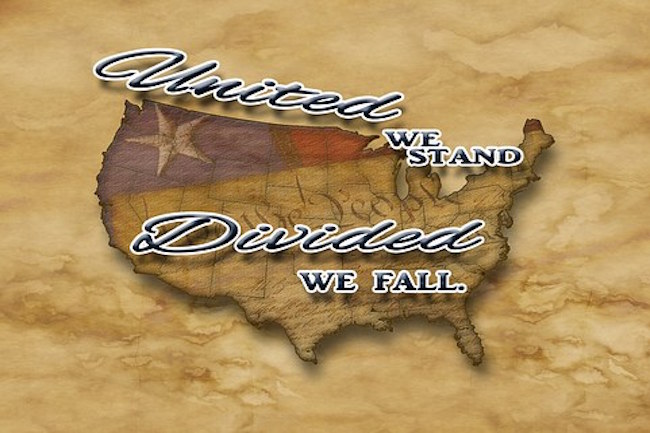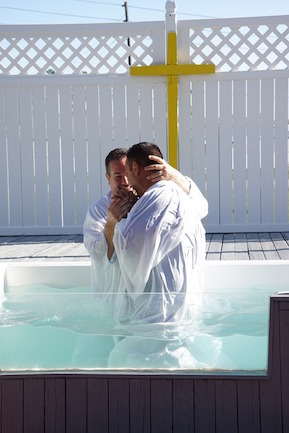Is America Still an Option for Christians Fleeing Persecution? by BETSY CHILDS HOWARD • MATTHEW SOERENS for The Gospel Coalition
I recently started walking through the process of applying for asylum with a new friend. I can’t say much about her situation, but her public profession of faith in Christ would endanger her life in her home country. Based on what I know about her situation, I was highly optimistic about her chance of being granted asylum.
After educating myself a bit more, I’m no longer so confident. While I knew that restrictions have made it harder to immigrate to this country by crossing the border illegally from Mexico or applying for a work visa from China, I didn’t realize that new rules also affect those who flee persecution for their religious faith.
To better understand how to help persecuted Christians overseas, I reached out to Matthew Soerens of World Relief.
Support Our Site

Now is your chance to support Gospel News Network.
We love helping others and believe that’s one of the reasons we are chosen as Ambassadors of the Kingdom, to serve God’s children. We look to the Greatest Commandment as our Powering force.
Where in the world is it most dangerous to be a Christian right now?
Open Doors USA breaks down their World Watch List in terms of “extreme,” “very high,” and “high” persecution. The 11 countries where they find Christians face extreme persecution are North Korea, Afghanistan, Somalia, Libya, Pakistan, Eritrea, Sudan, Yemen, Iran, India, and Syria.
If a person from one of those countries makes it to the United States, what has the asylum process looked like historically?
It depends in part on how they arrive. Many arrive in the United States on a temporary visa, such as a tourist or student visa, and then affirmatively file a request for asylum with U.S. Citizenship & Immigration Services. The burden of proof is on the asylum seeker, so a well-prepared asylum application will often be several inches thick. Proving the sincerity of one’s faith and the credibility of the threat is not always easy—rarely do those threatening persecution outline in a notarized statement the specific reasons they intended to kill someone.




